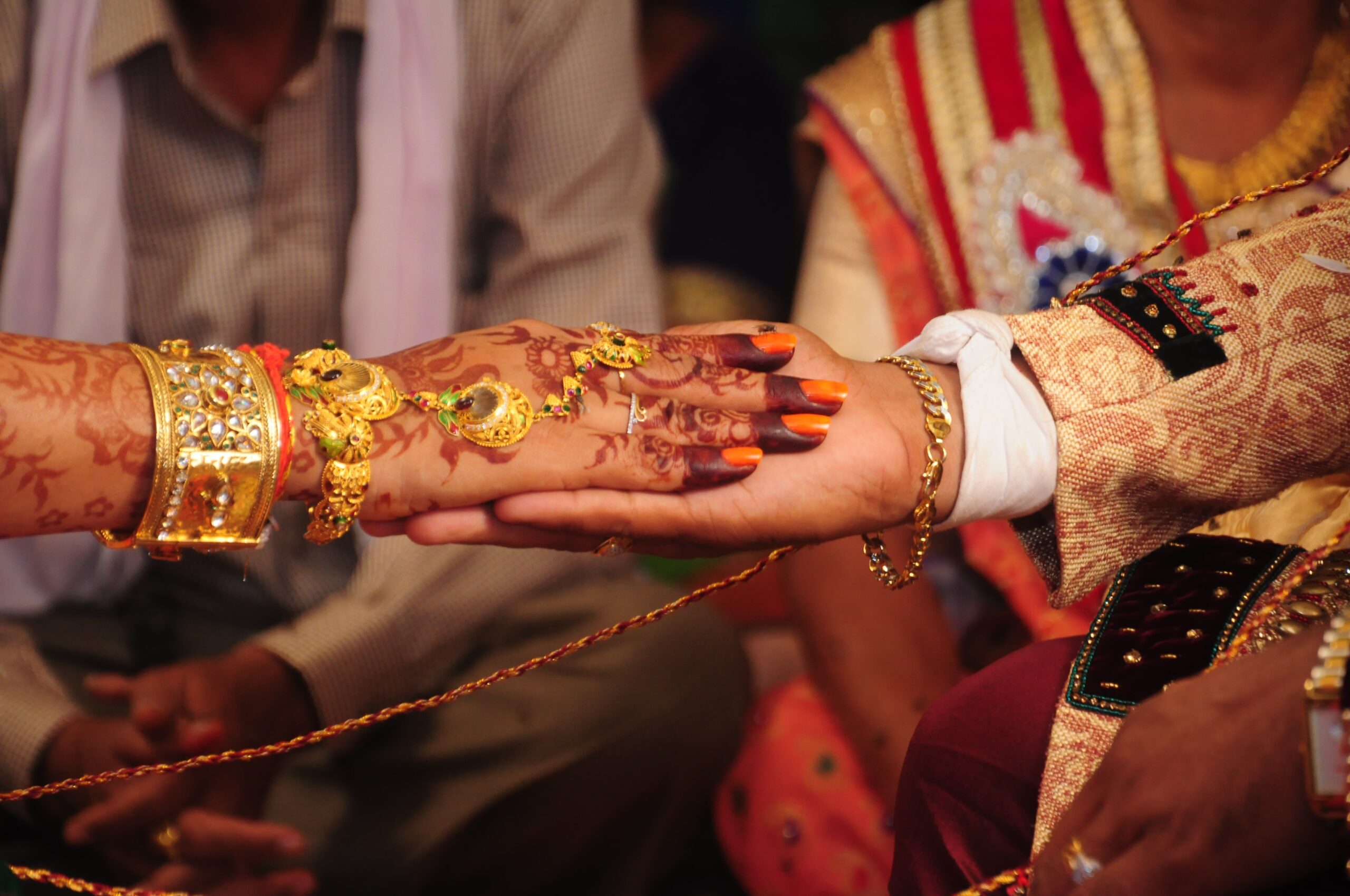On Jan 21st, 2008 eminent newspaper ‘The Hindu’ published an article “French love for Indian soil”, which briefed about a polyglot (one well versed with multiple languages) by name Dalel Benbabaali a national of France and a research scholar in Social Geography and Anthropology. The article mentioned about the project that she was conducting in Krishna District and Hyderabad on a particular social group and several dimensions encompassing that group’s history, anthropology, and ethnography as a part of her PhD thesis but didn’t detail on which caste she was pursuing her study. What enticed her to take up that particular subject and which community was the subject of her research wasn’t mentioned in the news.
Come November 2013 she presented her presentation and delivered her report at Princeton University to her faculty and a group of her colleagues and subsequently a video was uploaded in YouTube both by Dalel and Princeton’s team that was of 1 hour duration. The topic was “Dominant Caste and Territory in South India the-Case of the Kammas of Andhra Pradesh”. Dalen’s work was majorly focused on the relation between major and leading caste and territory. She also published a paper titled “Importing new cultures to the city: the role of migrants in the development of Andhra Culture in Hyderabad” as per of herexchange scholarship programmefor which she came to India. Her main topic was ‘Migration and upward social mobility in Andhra Pradesh’. Research and content team at Subhamastu.co makes a serious effort to analyse Dalen’s extensive study and analyse the nitty-gritties of her study and respective outcomes in depth.
What prompted a French scholar to opt for this topic is obviously a question of curiosity for many. Of course not everyone welcomed her move as many from media, religious, and caste based organizations adopted a cautious approach as they felt something precarious in her exercise. Nevertheless, her presentation and study seemed quite objective as it highlighted all the pros and cons in multifaceted approach. In Indian society obviously caste is the benchmark of identity for any social group. Irrespective of the historical and scientific logics how these castes evolved people in contemporary society give undue prominence to their caste. This is more seen in South India and specifically in states like Andhra Pradesh and Tamilnadu. Caste’s significance is not just confined to social living in AP but extended to polity and administration. It won’t be an exaggeration if we assert that caste and politics go hand in hand in Telugu states. Being a student of Social Geography and Anthropology, did this characteristic ignite interest in Dalen’s mind to take this as the subject? Sounds rational but why Kammas? In one of her observations she states that she came across a surprising number of immigrants in US, UK, and other countries who are from Kamma community. Probably this is the reason why she selected the village Godavarru, near Kankipadu, Vijayawada in Krishna district for her sampling. In this village almost every other house has one of its members abroad. She also extended her sampling to Kukatpally, Hyderabad where the Kamma migrants predominantly live as she found it quite interesting to observe majority of Kammas here opting real estate as their business activity. Point by point her work/dissertation would be explored and analysed by our team in future articles by Subhamastu.co’s team. As well, lot of interesting points would be deduced from her study, of which some points needs to be taken seriously for the future welfare of the Kamma community. Stay tuned for regular postings henceforth and we would be eager to read your comments and suggestions. Move ahead and read our other articles.
Find your life partner from numerous profiles of both Kamma brides and Kamma grooms to search from and decide. A rigorous verification is done for each and every profile before they are available for all the individuals.




